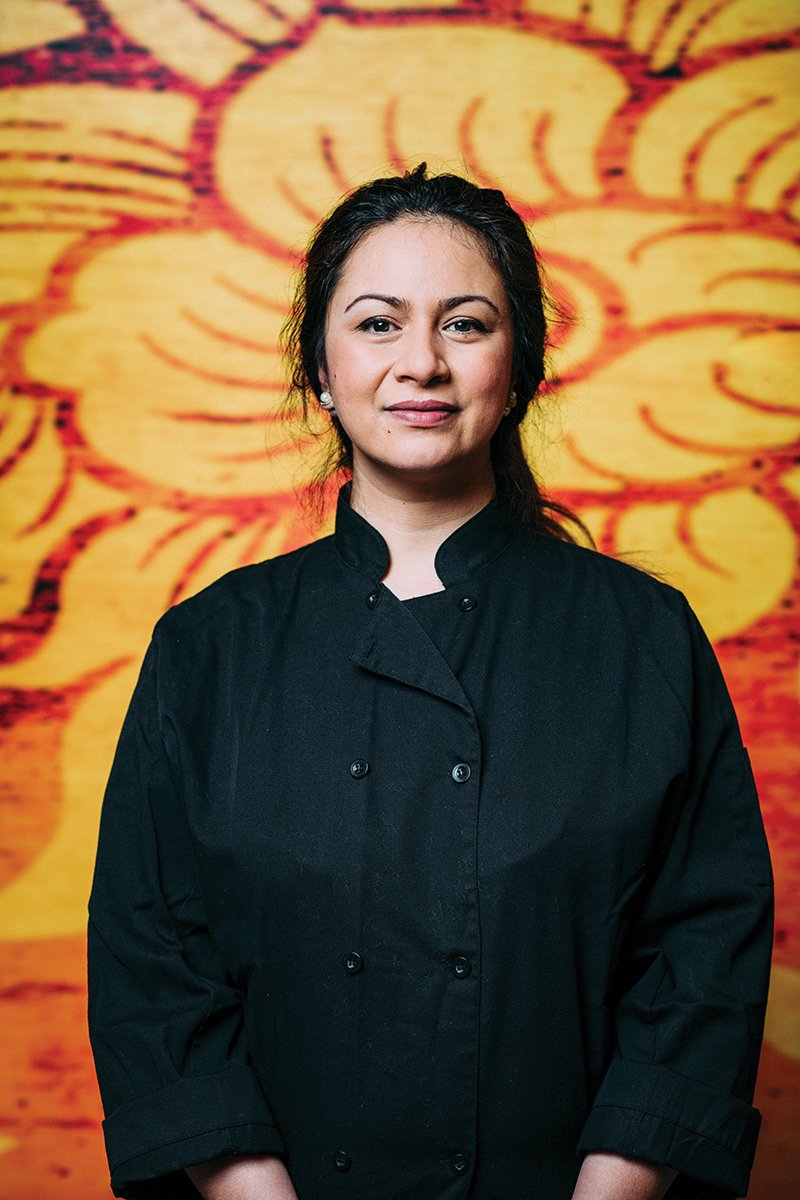Esther Kagaoan Owned a Canadian restaurant franchise in Grande Prairie. It was 2019, business was good and she was on a first-name basis with many members of her community.
But then she and her teenage son got terrible news. Kagaoan’s mother, living in Edmonton, had cancer. So, Kagaoan accepted an offer, sold the franchise location, and moved back to the city where she had owned a Thai restaurant, from 2013-16.
“I decided to place family over business,” she recalls.
But the restaurant bug kept biting. And, by later 2019, she had plans to launch a restaurant. She secured a spot that once housed a Vietnamese restaurant in an industrial park in northwest Edmonton. She felt that, with so many manufacturers, truck drivers and machinists around, that she’d have a captive audience in an area that didn’t have many restaurants. Everything was in motion.
Then, in early 2020, the arrival of COVID-19 threw her plans into disarray. The opening of Siam Thai Kitchen was delayed.
“I was on hold for four months,” Kagaoan says. “Even the lawyers’ offices were closed. I was really scared.”
The restaurant finally opened its doors in August, and lost money. For two months, Kagaoan whittled away at her nest egg, so she could keep the doors open. She altered her business plan. Instead of having groceries delivered to the restaurant, she’d save money by going shopping every couple of days. Money was diverted into buying plastic dishes and cutlery for takeout and delivery orders.
She applied for government subsidies, but says that her business fell through the cracks. She says the programs for which she applied required businesses to report their income from 2019, as a guideline for how badly their sales slumped in 2020 due to COVID. But, Siam Thai Kitchen wasn’t open in 2019 — the restaurant was in the planning stages. Kagaoan and her five staff members fell into a bureaucratic perfect storm. The business plans were already set, the lease was already in place, before COVID-19 came to Alberta — but the business itself hadn’t opened its doors in time to satisfy the conditions in order to receive government subsidies.
